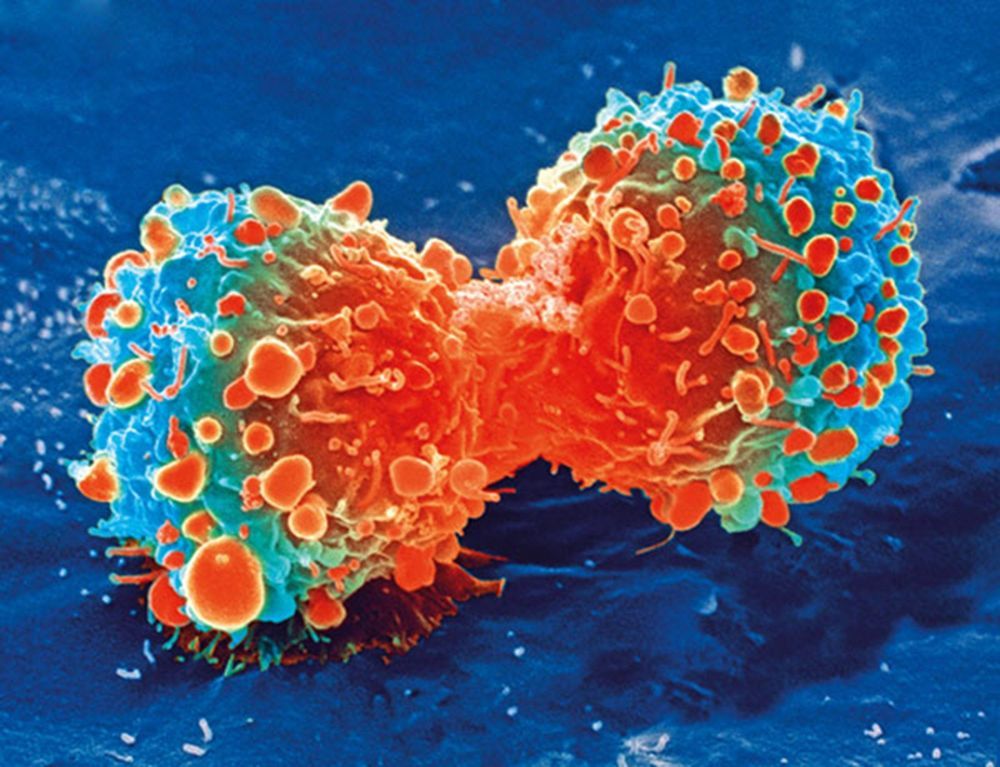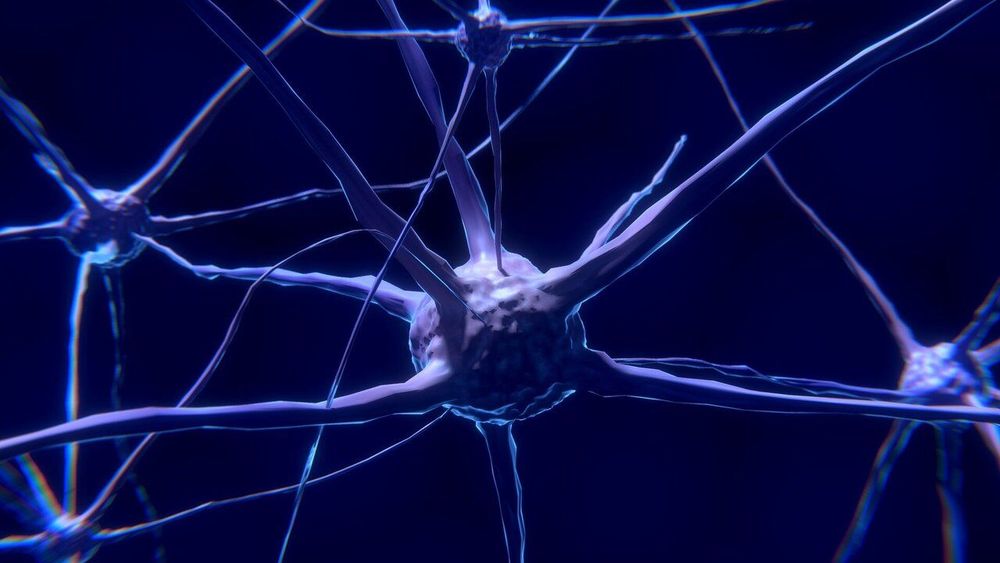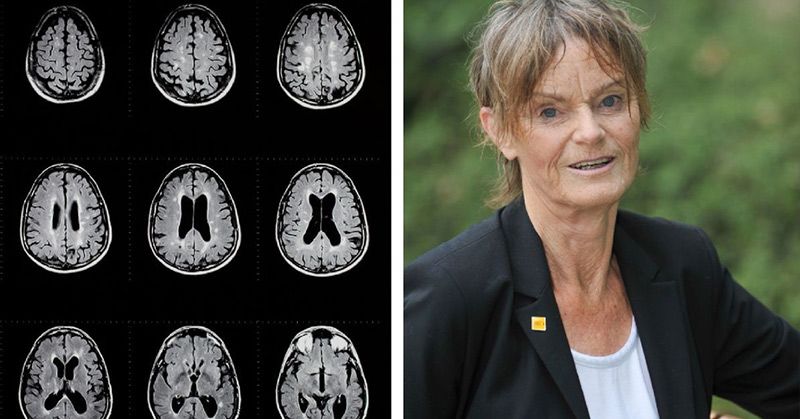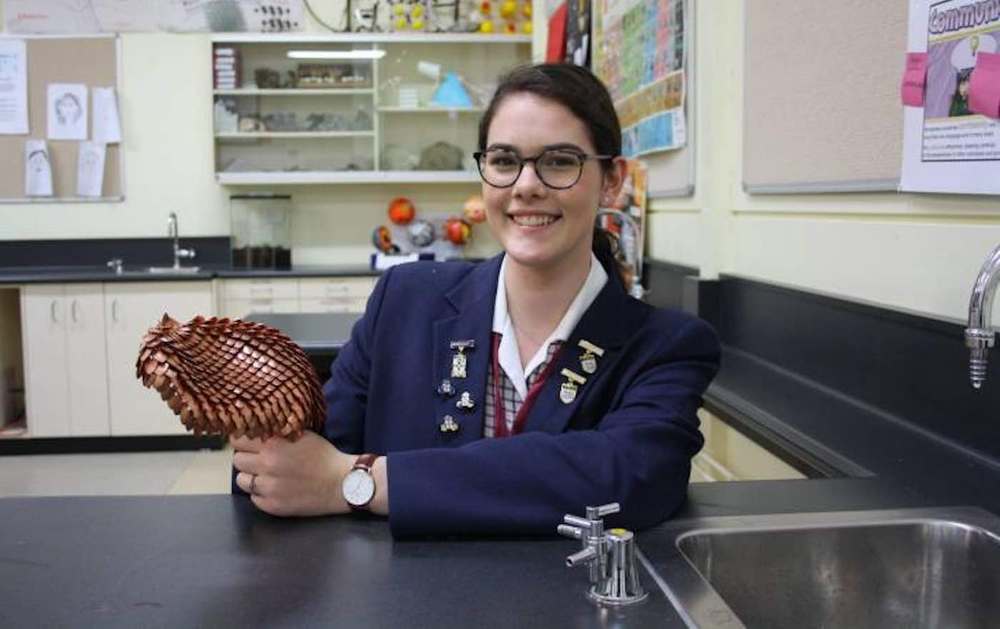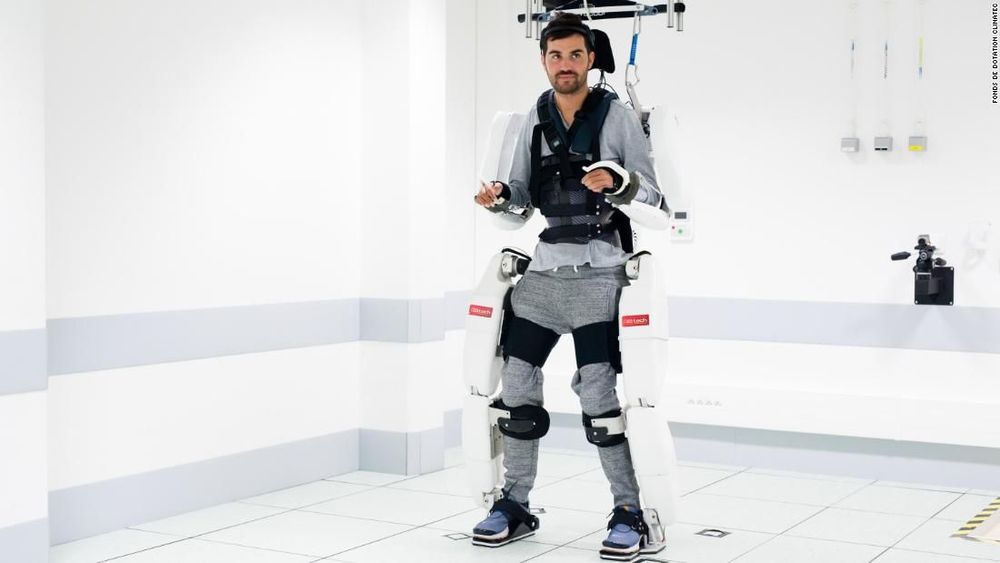As artificial intelligence systems take on more tasks and solve more problems, it’s hard to say which is rising faster: our interest in them or our fear of them. Futurist Ray Kurzweil famously predicted that “By 2029, computers will have emotional intelligence and be convincing as people.”
We don’t know how accurate this prediction will turn out to be. Even if it takes more than 10 years, though, is it really possible for machines to become conscious? If the machines Kurzweil describes say they’re conscious, does that mean they actually are?
Perhaps a more relevant question at this juncture is: what is consciousness, and how do we replicate it if we don’t understand it?


